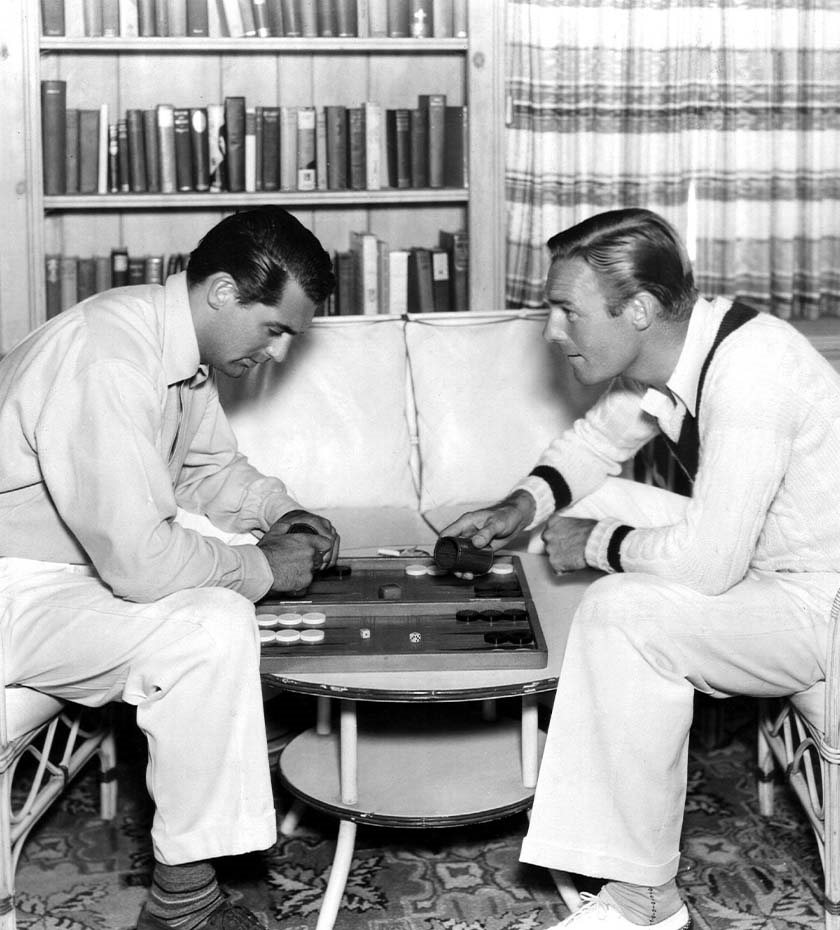Backgammon - tatics or pure luck?

There are not many sports where Denmark can claim to belong to the absolute world elite. But that is the case when it comes to backgammon. Since 1967, a Danish player has won the world championship no less than seven times. Most recently in 2022, when Sander Lylloff won the title in Monte Carlo. Before that, in 2020, the Danish national team won the World Championship final against Greece. This was the third time the title went to Denmark.
Backgammon is one of the oldest games in the world. In fact, some of the oldest backgammon-like games we know of are more than 5,000 years old. There are drawings of board games in hieroglyphics in the pyramids as well as in sacrificial tombs. Backgammon as we know it today was imported from Arabia in the 13th century. For a long time, the game was banned by the church, causing game makers to hide the boards. Perhaps that's why, even today, backgammon games are shaped like small suitcases that can be easily hidden.
Although the two dice ensure a degree of chance in the game, winning requires thought and concentration. The idea that it all comes down to luck and dice rolls is one of the most common misconceptions about backgammon.
To an untrained observer, it often looks like the winner is just fantastically lucky. But the game is essentially about optimizing your moves and placing your pieces on the board so that you can make a good move, no matter how many eyes the dice show on the next roll. But for elite players, it's important to be good at probability calculation, pattern recognition and combinatorics. In fact, for the truly skilled player, the eyes of the dice doesn’t rally matter.
On the other hand, luck and chance do play a role. You can easily lose to a - on paper - inferior player if he or she keeps hitting double sixes. But luck will even out over time.
It was certainly not just a matter of luck, when Sander Lylloff become world champion last year. When he won the top prize of over nine million Danish Crowns at a poker tournament in 2007, he said that it was his mathematical skills that enabled him to stay on top of things. These are the same skills that used to get him into trouble at school. He was a gifted student. Especially in math. He was bored at school and got into trouble. Today, his mathematical intellect is the foundation on which his career as a professional gambler is built.
As he has said in an interview: "Backgammon is by no means rocket science. But I do use math, probability and systematic pattern recognition when I play."
Playing for money is something he has been doing since he was 18 years old. As a postman in the inner city, he would get off work at 13:00 and rush straight to Copenhagen’s main business street with his backgammon board. Back then, it was all about small change. Things improved when backgammon was introduced as an online game in 2002. Suddenly, he was earning 100 dollars a day.
Today, it's no longer a matter of pocket change. There are big tournaments around the world with serious prize money.